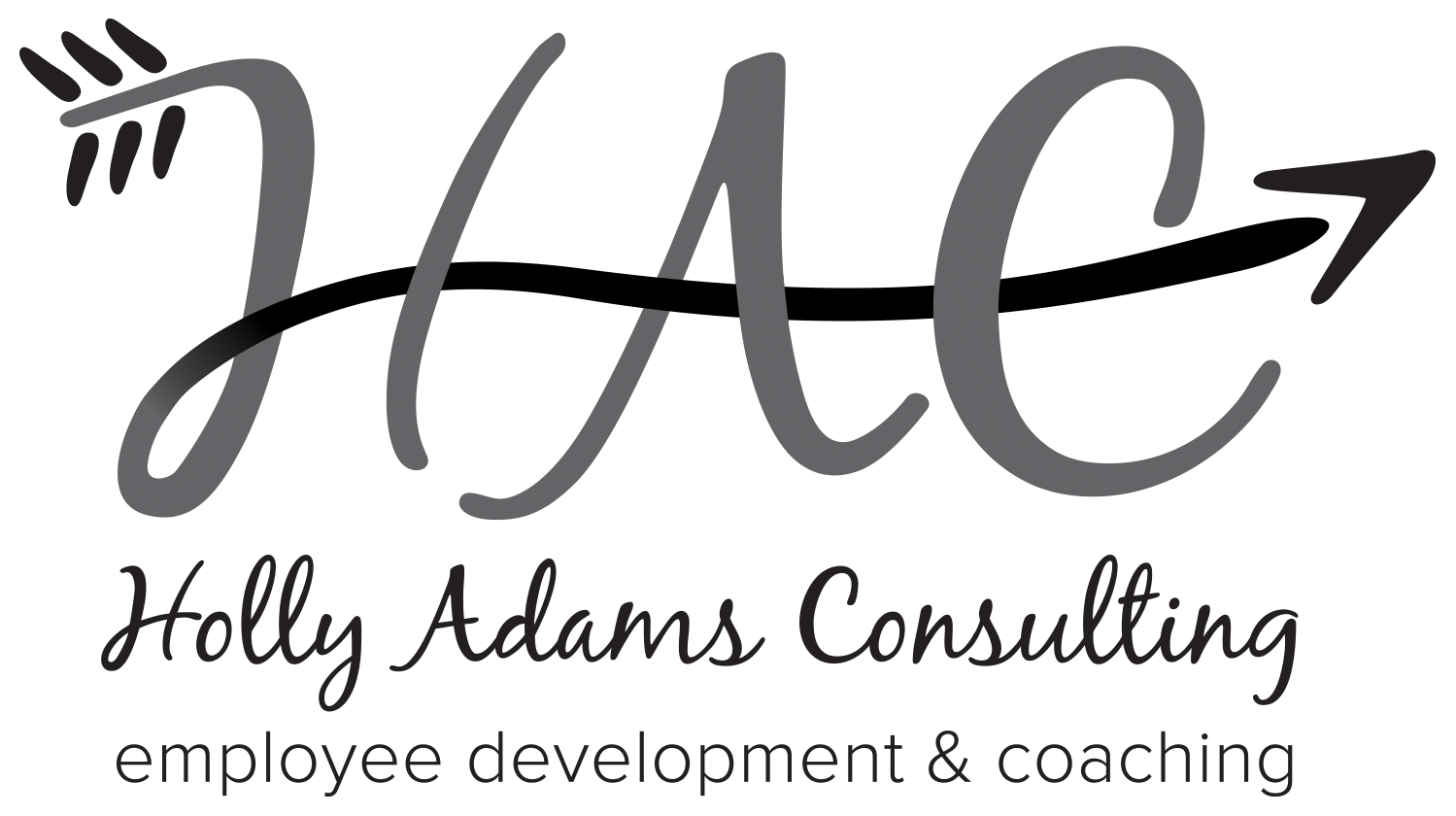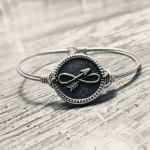I recently found myself on the other side of coaching and want to share the experience with you. Yes, it involves a dragon boat: a long boat with 18 oarsmen.
I agreed to be a dragon boat oarsman with no prior experience, and so I was apprehensive when I showed up for our first and only practice before the race. After this experience, I have newfound empathy for anyone facing an intimidating challenge, but I also picked up some great techniques to get over our fear, adapt quickly, and avoid sinking the ship.
One of the most interesting things about dragon boat racing is that the performance of the team isn’t dependent upon the strength of any one individual, but rather the combined work of 18 people paddling in sync with the aid of a drummer and a flag catcher to move as quickly as possible towards the finish line.
Our dragon boat instructor used three techniques to help our team work together. On land, he explained the different aspects of the race and what we could expect. He demonstrated the proper paddling technique and then used an analogy to help us commit his instruction to memory. A well-executed dragon boat row, he explained, is more like planting a pole vault pole into the ground than dipping a canoe oar into the water. A simple and helpful analogy certainly didn’t make paddling any easier, but it did provide clarity to manage physical expectations.
Once we were on the water, our coach ran through several drills to help us sync our strokes. He also pointed out opportunities for adjustment (keep your head forward, eyes in the boat, lower your hand position, etc.), as his vantage point from the bow offered the best perspective to spot false movements and mistakes.
Near the end of our practice, our coach asked us to watch another boat as it sped by us. It was only then that we were able to see how effortlessly a boat moves when everyone’s efforts are synchronized. And it was very easy to spot an individual paddler who was out of sync. I thought this was brilliant. Even as a great instructor with lots of nuggets of wisdom to offer, he realized there was no substitute for a great example of what dragon boat “success” looks like.
As a coach, these were my takeaways:
- An effective coach has to correct, even if not everyone likes to be corrected.
- Good coaching offers a perspective that helps participants see beyond their current reality.
- Sometimes the most effective method of teaching is giving a great example of what success/perfection/mastery looks like.
- Sometimes people can make progress on their own, but a good coach shortens the learning process and ensures success.
-Holly
Special thanks to my amazing teammates and team captain!!




